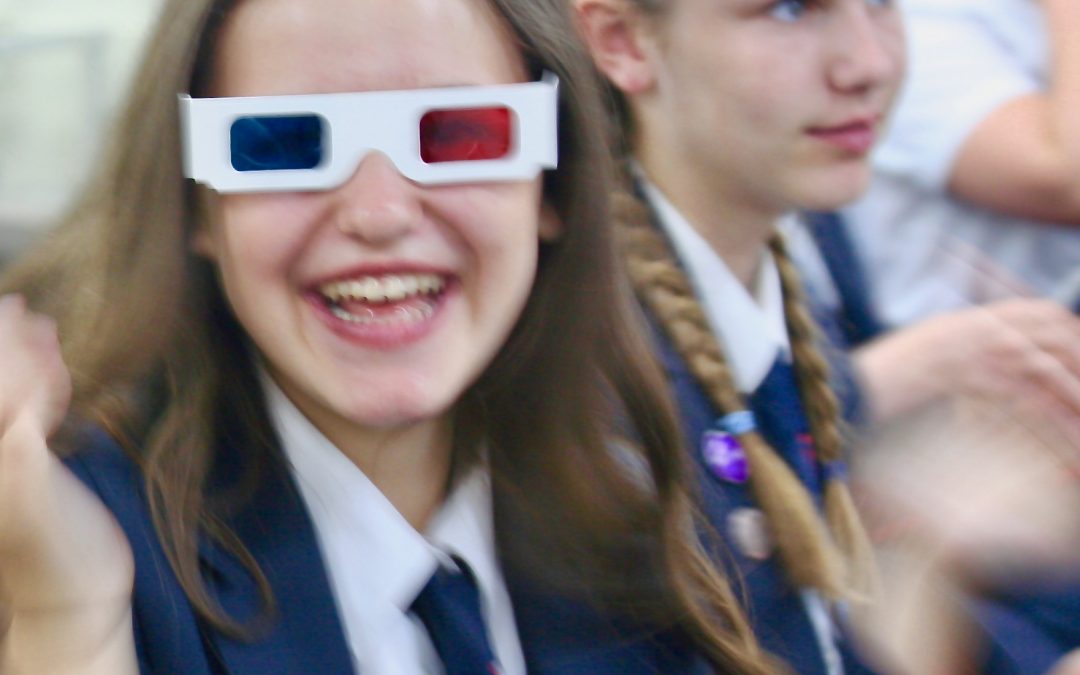The BA Special Educational Needs and Inclusion Studies programme is based on the fundamental principles surrounding Human Rights and Social Justice. To address these principles with young pupils requires the provision of events, characters and narratives which they can relate to in a tangible way. To achieve this, students upon the programme explored how the popular narrative of Oliver Twist might introduce topics and exemplars that illustrate the relevant principles in an accessible manner. Oliver Twist was chosen to enhance the current year 5 National Curriculum History Victorian theme and its relevance to the pupil’s immediate locality – the life and times of Charles Dickens being prominent in the historical heritage of Kent. The participation of the students in the generation and facilitation of Oliver Twist themed activities enabled exciting opportunities and activities for year 5 pupils to explore key issues of human rights and social justice within the context of Victorian society. The activities aimed to enable pupils to ask questions around these key themes and understand how different disciplinary lenses might provide different insights into these topics. A cross-disciplinary approach was paramount to developing insightful perceptions from year 5 pupils.
Students upon the BA programme will be entering a multi-disciplinary field of work that supports the most vulnerable, children, adults and families. Epistemic Insight (EI) strategies provided useful learning and teaching tools which ensure students have the skills, confidence and professionalism to become advocates for the most vulnerable individuals in today’s society. By considering the different ways in which different disciplines construct knowledge around topics and questions, a cross disciplinary EI approach provided an inclusive model in which to engage a diverse range of pupils who might not otherwise have a pathway into education. The activities generated were designed to engage pupils with some of the aims of EI: to understand different ways of knowing and how they interact; to develop a curiosity and capacity to address Big Questions (questions about the nature of reality and personhood) and think about these more deeply, compassionately and critically.
The BA Special Educational Needs and Inclusion Studies students initially explored the Epistemic Insight wheel tool in which to identify a range of disciplines relevant to themes identified in Oliver Twist. The students then identified a range of relevant questions which can be applied to the narrative and enable pupils to think about issues of inclusion, human rights and social justice more deeply; they also considered which disciplines might be most effective and appropriate to deal with these questions. This exploration allowed students to develop an appreciation of the powers and limitations of knowledge associated with each discipline. Based on this initial exploration, students designed EI discovery bags which contained stimulus that provided pathways to engage with questions and topics through the disciplines of history, geography, science, English, maths, art, dance and religious studies. The students identified the importance of EI and cross-disciplinary approaches in enabling individual pupils to experiment, investigate and explore learning content in ways that meet their individual curiosity, development and interests. The students kept Epistemic Insight the central focus of the discovery bags, ensuring materials would support pupil’s development of asking big questions central to inclusion and social justice. The students firstly engaged the pupils with an interactive story of Oliver Twist. The pupils took it in turns to wear Oliver’s Twist cap and take an item from the discovery bags that stimulated a rich discussion surrounding the treatment of children in Victorian Times.

The discovery bags enabled the students to engage in practical activities to support their individual development and personal knowledge. The discovery bags promoted cross-curricular opportunities making important links between disciplines. The pupils found the content, fun, practical and they were able to develop their creativity and imagination to step back into the Victorian period and consider, how life might have been for Oliver Twist. The discovery bag contained images of rich and poor children, this generated a variety of questions surrounding the contrast of treatment of the two opposing worlds. Questions focussed on poverty some leading to expressions of the importance of religion with decisions that impacted on Oliver Twist life journey. Some pupils chose to write letters to Oliver Twist. The letters contained a variety of questions concerned with life in the workhouse. The development of questions went further;
Why and can you sell a child?
Why was is diet so horrible?
Why was Oliver made to stay in a workhouse?
Is it ok to steal from the rich if your poor?
Why did the rich people treat orphans badly?
The exploration of these questions through multiple disciplines allowed both students and pupils to think more deeply, compassionately and critically about topics in a tangible way. The exploration also allowed pupils to develop knowledge relevant to their personal investigation inclusion, human rights and social justice, as well as understand the value of this knowledge in relation to the topics explored. As one student commented: “This was such a fulfilling experience for me (personally) and I really enjoyed it and it seemed that the children did too”.

